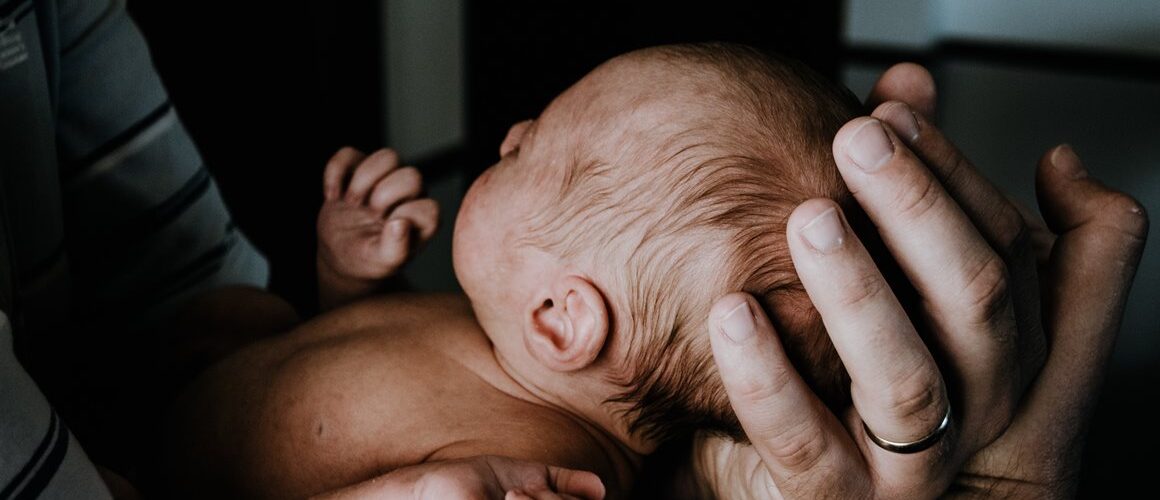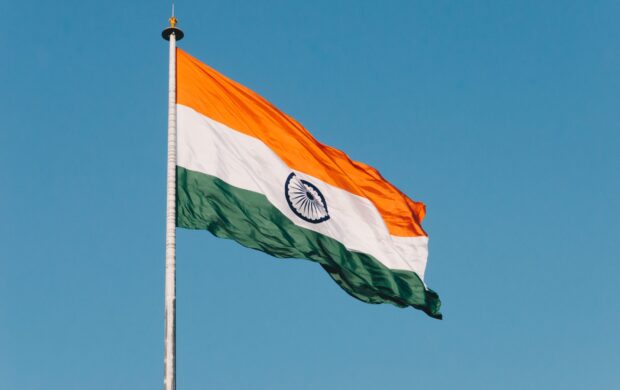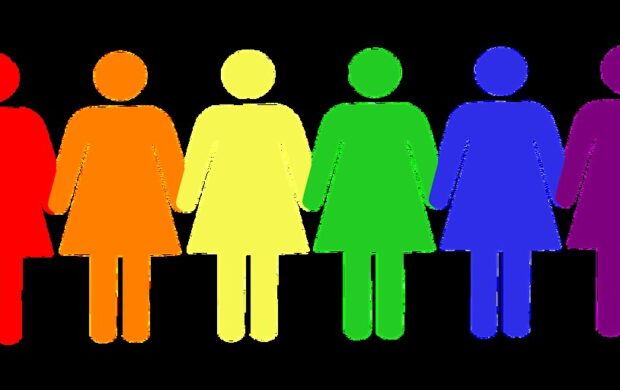Guinness will be giving 26 weeks off with full pay to new fathers, to match their current maternity benefit.

This is to align with the five-year strategy of Ireland’s Children’s Minister’s Katherine Zappone for young families. In May 2019, the Irish Government unveiled ‘First 5’, a strategy for early childhood. It promises parents entitlement to seven weeks of paid leave, potentially allowing 14 weeks of parental care in their first year, by 2021. Furthermore, the plan will give parents of all children up to the age of 12 are entitled to 26 weeks of unpaid parental leave. Additionally, mothers will also be allowed breastfeeding breaks for up to 104 weeks following the birth of their child.
Efforts to make employee life more appealing, are in response to Ireland entering an era of full employment; unemployment rates are the lowest they have been in 14 years. Therefore, employers are offering increased work-life balance in an effort to appeal to talent.










